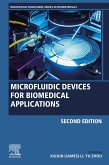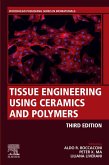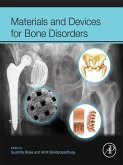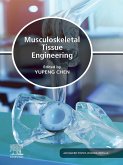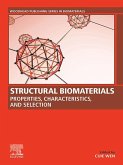3D Printing in Medicine examines the emerging market of 3D-printed biomaterials and its clinical applications. With a particular focus on both commercial and premarket tools, the book looks at their applications within medicine and the future outlook for the field. The book begins with a discussion of the fundamentals of 3D printing, including topics such as materials, and hardware. Chapters go on to cover applications within medicine such as computational analysis of 3D printed constructs, personalized 3D printing and 3D cell and organ printing. The concluding chapters in the book review the applications of 3D printing in diagnostics, drug development, 3D-printed disease models and 3D printers for surgical practice. With a strong focus on the translation of 3D printing technology to a clinical setting, this book is a valuable resource for scientists and engineers working in biomaterial, biomedical, and nanotechnology based industries and academia. - Provides a comprehensive and authoritative overview of all the medical applications of 3D printing biomaterials and technologies - Focuses on the emerging market of 3D printed biomaterials in clinical applications - Reviews both commercial and under development materials, tools, their applications, and future evolution
Dieser Download kann aus rechtlichen Gründen nur mit Rechnungsadresse in A, B, BG, CY, CZ, D, DK, EW, E, FIN, F, GR, HR, H, IRL, I, LT, L, LR, M, NL, PL, P, R, S, SLO, SK ausgeliefert werden.



